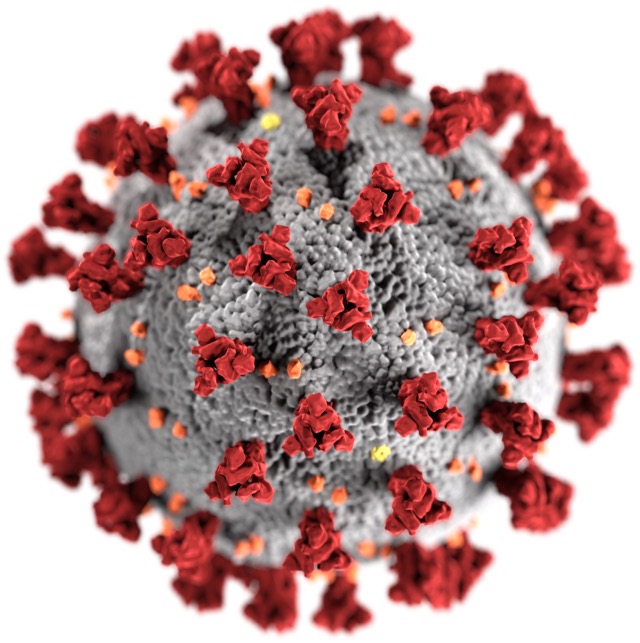As spring 2025 progresses, the UK Health Security Agency (UKHSA) has released its most recent Flu and COVID-19 surveillance bulletin, providing crucial insight into the current status of respiratory illnesses across England. The report outlines medium-level flu activity, stable COVID-19 indicators, and low RSV circulation.
With ongoing concern about the resurgence of respiratory viruses post-pandemic, the UKHSA’s bulletin plays a vital role in informing both the public and healthcare professionals. It also reaffirms the importance of continued vaccination, vigilance, and preventive health behaviors.
You can access the full bulletin via the UK Government’s official site.
Flu Activity: Influenza B on the Rise
The UKHSA reports that overall flu activity has decreased across England, signaling the tail end of this year’s flu season. However, influenza B strains are showing a slight increase in some areas, especially among younger age groups and in school settings.
According to the bulletin:
- Influenza activity is currently at medium levels.
- Hospital admissions due to flu have decreased.
- GP consultations for flu-like symptoms are trending downward.
This late-season spike in influenza B reminds healthcare providers and the public that flu can circulate well into the spring, and continued precautions are necessary.
COVID-19: Baseline Levels, But Vigilance Needed
While pandemic-related fears have largely subsided, COVID-19 remains a persistent public health concern. The UKHSA surveillance data shows that COVID-19 activity is currently at baseline levels, with:
- Stable case numbers across all age groups.
- No significant rise in hospitalizations.
- Continued presence of various Omicron subvariants.
The official bulletin notes that while the virus appears under control, vulnerable populations—including those over 75 and immunocompromised individuals—should still consider booster vaccinations and avoid crowded indoor environments during periods of higher transmission.
RSV: Low Activity Across England
Respiratory Syncytial Virus (RSV), which typically affects infants and older adults, has shown mixed but generally low-level circulation according to the UKHSA report. RSV is being monitored closely because of its capacity to cause severe illness in young children, particularly during colder months.
Healthcare professionals are advised to remain alert for RSV symptoms in vulnerable groups, even outside peak season.
Public Health Recommendations from UKHSA
The UKHSA’s bulletin not only provides data but also offers clear public health advice for preventing the spread of respiratory infections:
1. Vaccination Is Key
Individuals eligible for COVID-19 or flu boosters, especially those aged 75 and over or with weakened immune systems, are urged to get vaccinated. These vaccines remain the most effective way to reduce the risk of serious illness and hospitalization.
2. Stay Home If You’re Unwell
If you’re experiencing symptoms such as fever, cough, or fatigue, the guidance remains simple: stay home and rest. This protects others—particularly vulnerable people—from getting sick.
3. Practice Respiratory Hygiene
Use tissues when coughing or sneezing and dispose of them properly. Regular handwashing with soap and water is a basic but powerful tool in reducing viral transmission.
4. Improve Indoor Ventilation
Good air circulation indoors significantly lowers the risk of airborne transmission for both flu and COVID-19. Keep windows open or use air filters when possible.
For full recommendations and updates, visit the UKHSA’s official guidance page.
Why Surveillance Still Matters in 2025
While the COVID-19 pandemic may feel like a chapter in the past, viral surveillance remains essential. The combination of flu, COVID-19, and RSV still presents a major public health challenge—particularly in healthcare settings, schools, and elderly care homes.
The ongoing collection of data on virus trends allows the NHS to:
- Allocate healthcare resources efficiently.
- Issue timely vaccine campaigns.
- Respond quickly to emerging outbreaks.
Public access to these reports ensures transparency and trust in the government’s health strategy.
Conclusion
The UKHSA’s 2025 Flu and COVID-19 surveillance bulletin offers a comprehensive snapshot of respiratory health across England. With flu showing moderate activity, COVID-19 stable, and RSV at low levels, the current outlook is cautiously positive. However, the public is reminded to stay vigilant—especially the elderly and those with underlying conditions.
By following public health guidance and staying informed through official updates, we can collectively help reduce illness, ease pressure on the NHS, and protect those most at risk.
FAQs
1. Where can I read the full UKHSA flu and COVID-19 bulletin?
You can find the latest update here.
2. What’s the current COVID-19 activity level in the UK?
As of April 2025, COVID-19 activity is at baseline levels with no significant spikes in cases or hospitalizations.
3. Is flu still circulating in England?
Yes, flu activity is at medium levels, with influenza B strains increasing in some regions.
4. Who should get vaccinated right now?
Anyone aged 75 or older, or with a weakened immune system, should ensure they are up to date with COVID-19 and flu vaccinations.
5. How can I protect myself from respiratory viruses?
Stay home if unwell, wash hands regularly, improve indoor air quality, and keep up with vaccinations.



